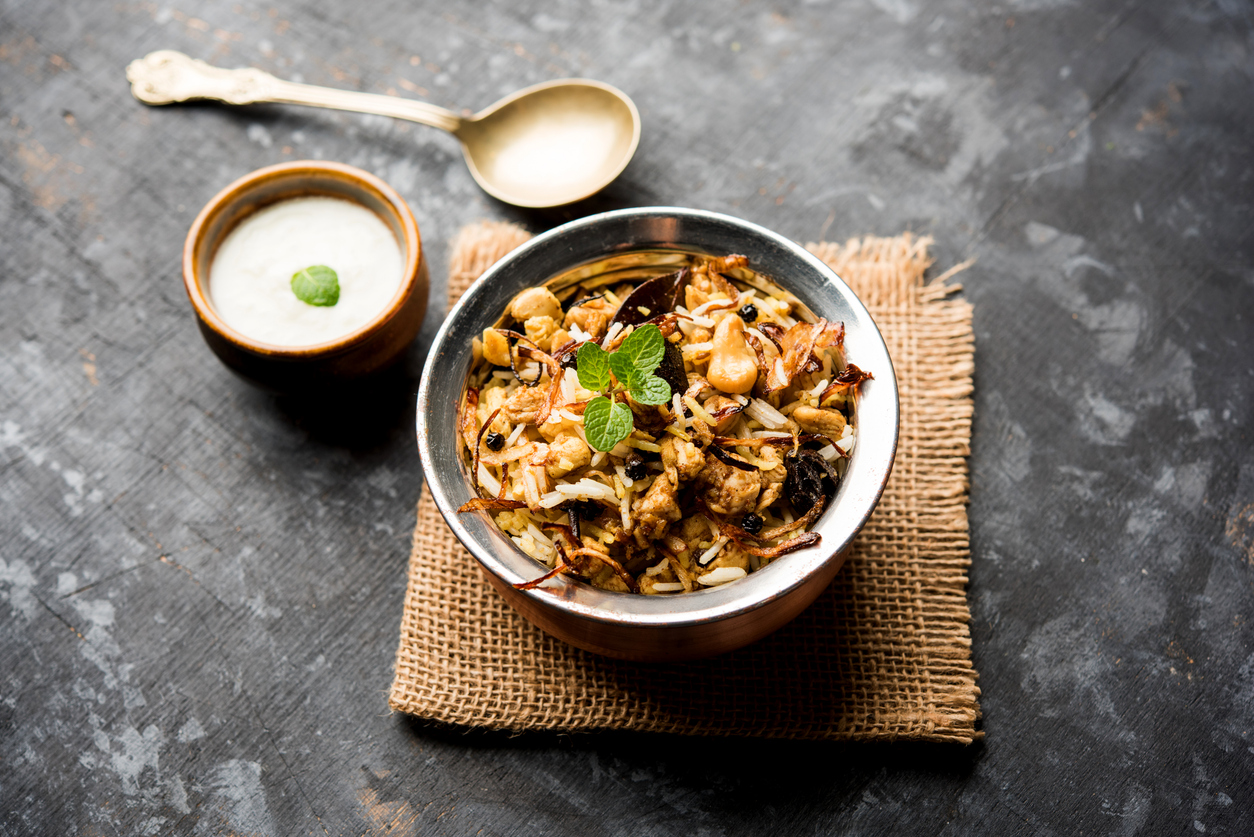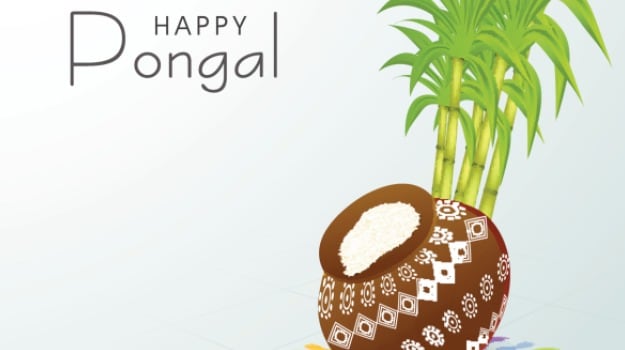While Delhi welcomes the season of harvest with Lohri, a sizeable South Indian population in the capital greets the season with Pongal and Makar Sankranti. Tamil Nadu's Pongal and Andhra Pradesh's Makar Sankranti are both a festival spanning for four days. One of the main attractions of the festivals is the 'kolam' or rangolis. These floral patterns are made on the floor using white paste made up of newly harvested rice with outlines of red mud. Traditionally, pumpkin flowers were set into cow-dung balls and placed among the patterns.
"Pongal Kolams are traditionally drawn in front of the house but nowadays in Delhi, people draw it inside their homes using rangoli colours," said K V K Perumal, Vice President, Delhi Tamil Sangam. "Since such floral patterns are an important part of the festival, we are organising a 'muggu' competition or rangoli-making competition at the Andhra Bhavan on January 14," added Kiran Kumar from Andhra Pradesh Bhavan.
The first day of Pongal festival, is known as 'Bhogi'. Farmers worship the sun and the earth by putting sandalwood paste on their ploughs and sickles. These tools are then used to cut the newly-harvested rice. In Tamil urban families, people light a bonfire towards the evening, discard their old belongings and offer some grains to the fire - a practice similar to Lohri. The same culture is followed in Andhra Pradesh.
Another ritual followed among the people of Andhra is to protect their children from the evil eye. "Children below the age of five years are made to sit outside their homes where people pour 'Regi Pandlu' or small berries and coins on children to protect them from evil eye. Later, these are collected by other children," said Kumar.
On the second day, the newly harvested rice is collected and cooked in pots until they overflow. This overflowing signifies Pongal. The God of Sun is offered boiled milk and jaggery. Tamils watch the boil over of milk as it is considered a sign of good luck and symbolises prosperity.
"The Pongal was originally made in earthen pots. But people in Delhi now buy brass or some metal vessel," noted Rajesh Packiaranjan who runs a Tamil Nadu Store in Karol Bagh. He also told that the sugarcane used in the 'puja' is different from those used in North India.
"The sugarcanes that we get here are usually white on the inside but the ones used in Pongal pujas are slightly red in colour. These stacks of sugarcane are kept beside the vessel in which rice is cooked and later served with rice." added Packiaranjan.
In Andhra Pradesh, a special variety of delicacies are prepared and offered to the God. "People make 'Appalu', which is like a sweet paratha made of jaggery and 'Ariselu', which is like the north Indian 'maal-pua' but a little hard. They offer these to the God," explained Kumar.
According to Mr. Kumar bull cart and cockfights are also held in Andhra Pradesh on the second day. A Similar tradition followed by Tamils is known as 'Mattu Pongal.' On this day people offer prayers to the cattle and participate in games like 'Jallikattu' or taming of bulls.This traditional sport was banned by the Supreme Court last year based on a petition filed by People for Ethical Treatment of Animals.
"Tamil Nadu CM is already in consultation with the central government to lift the ban. However, Jallikattu was not held in Delhi as such. Even in Tamil Nadu it is not organized everywhere. It is more common in places like Madurai, Tiruchirapalli and Tanjavur," said Vice President of the Delhi Tamil Sangam. "Elsewhere, people keep bullocks in their houses, decorate their horns and body and worship them," he adds.
The next celebration is known as 'Kaanum Pongal' among Tamils and 'Kanuma' among people of Andhra Pradesh. The rituals observed on this day are similar for both. "On Kanuma, clothes and money are distributed to workers. A portion of paddy is also distributed," said Kumar.
According to Mr. Kumar, the last day among people of Andhra is celebrated as 'Mukkanuma' where cows are worshipped. "We will celebrate all these rituals at the Andhra Bhavan on the January 14. Instead of a four day celebration, we plan to keep it on a single day. Besides rangoli-making competition, we also have cooking competition and other traditional functions. Anyone is free to join the celebrations at the Andhra Bhavan," said Kumar.
The Delhi Tamil Sangam also organises folk dances and folk songs. Artists from Chennai fly down every year for the celebrations. This year, however, only a small celebration has been planned on January 16. "Actually the building of the Delhi Tamil Sangam is under renovation. Hence, we could not organise Pongal on a large scale like every year, but we are celebrating Pongal today at the residence of Union Minister Venkaiah Naidu, where Prime Minister Narendra Modi is also expected," said the vice president, Delhi Tamil Sangam society.







